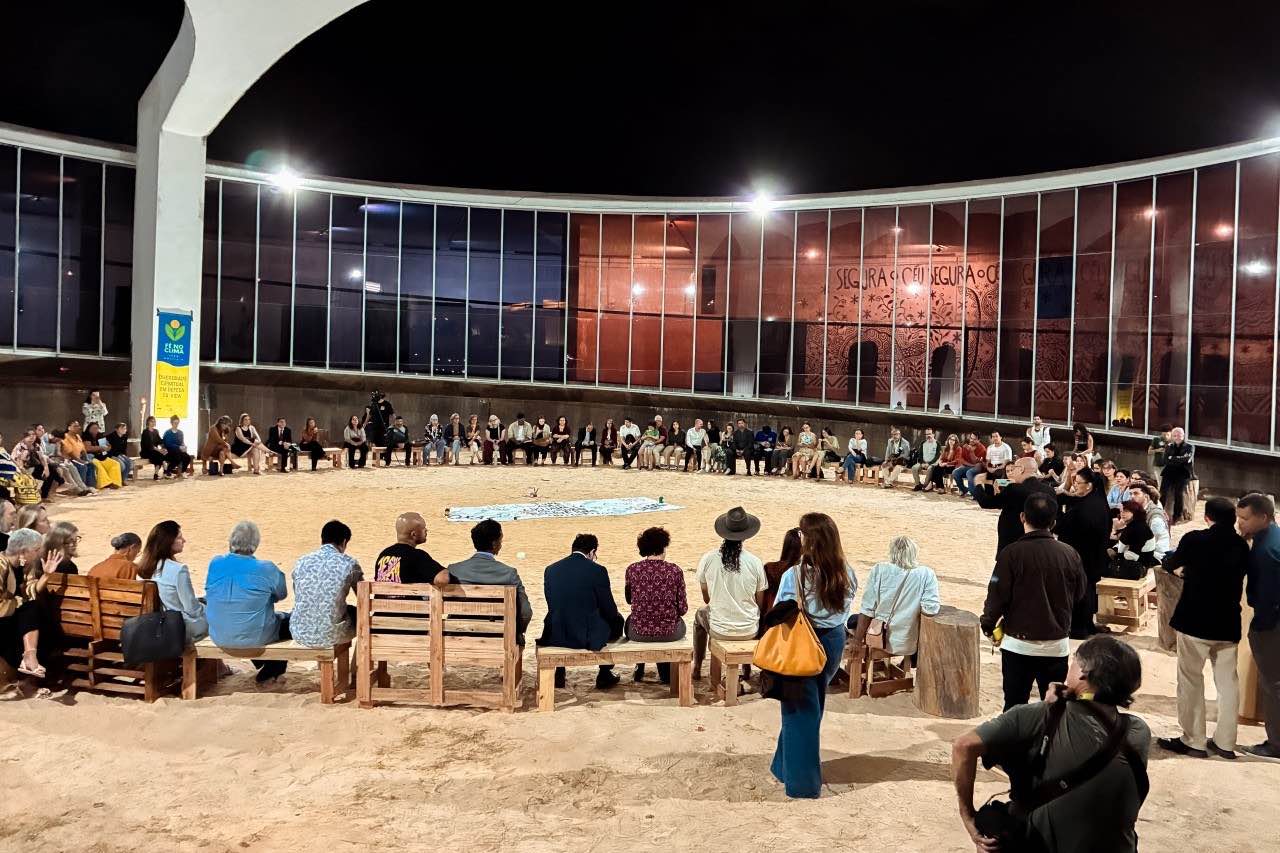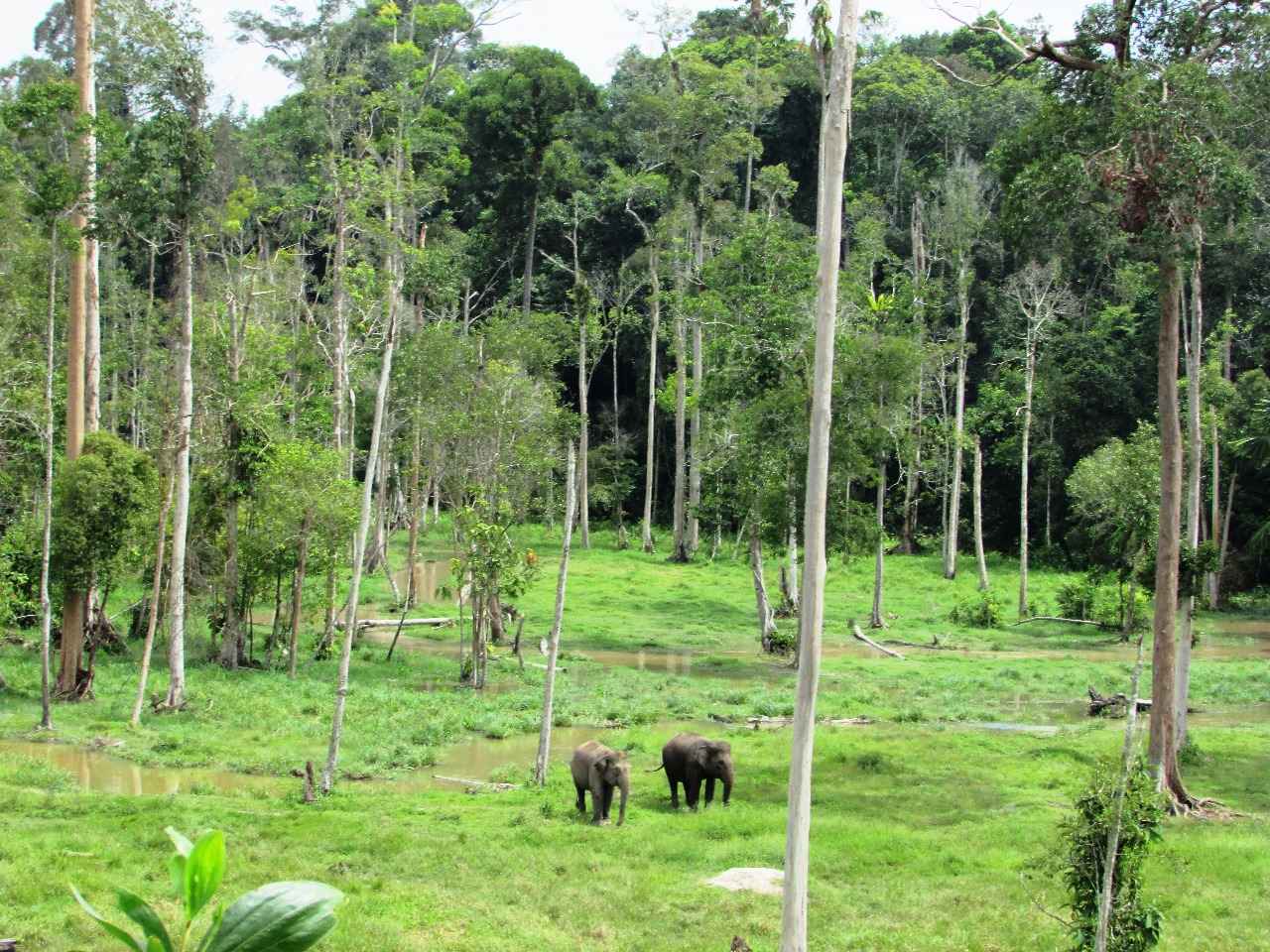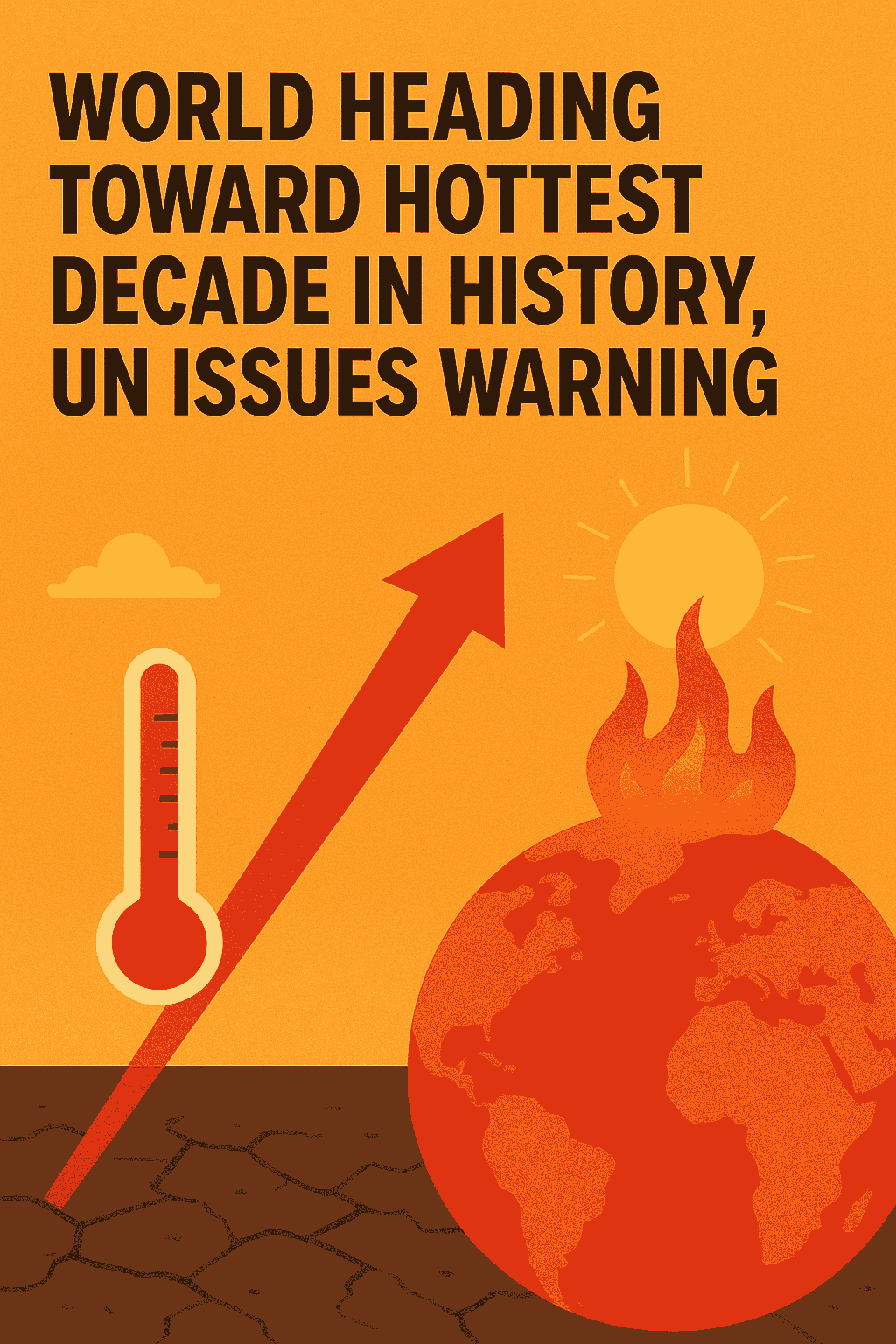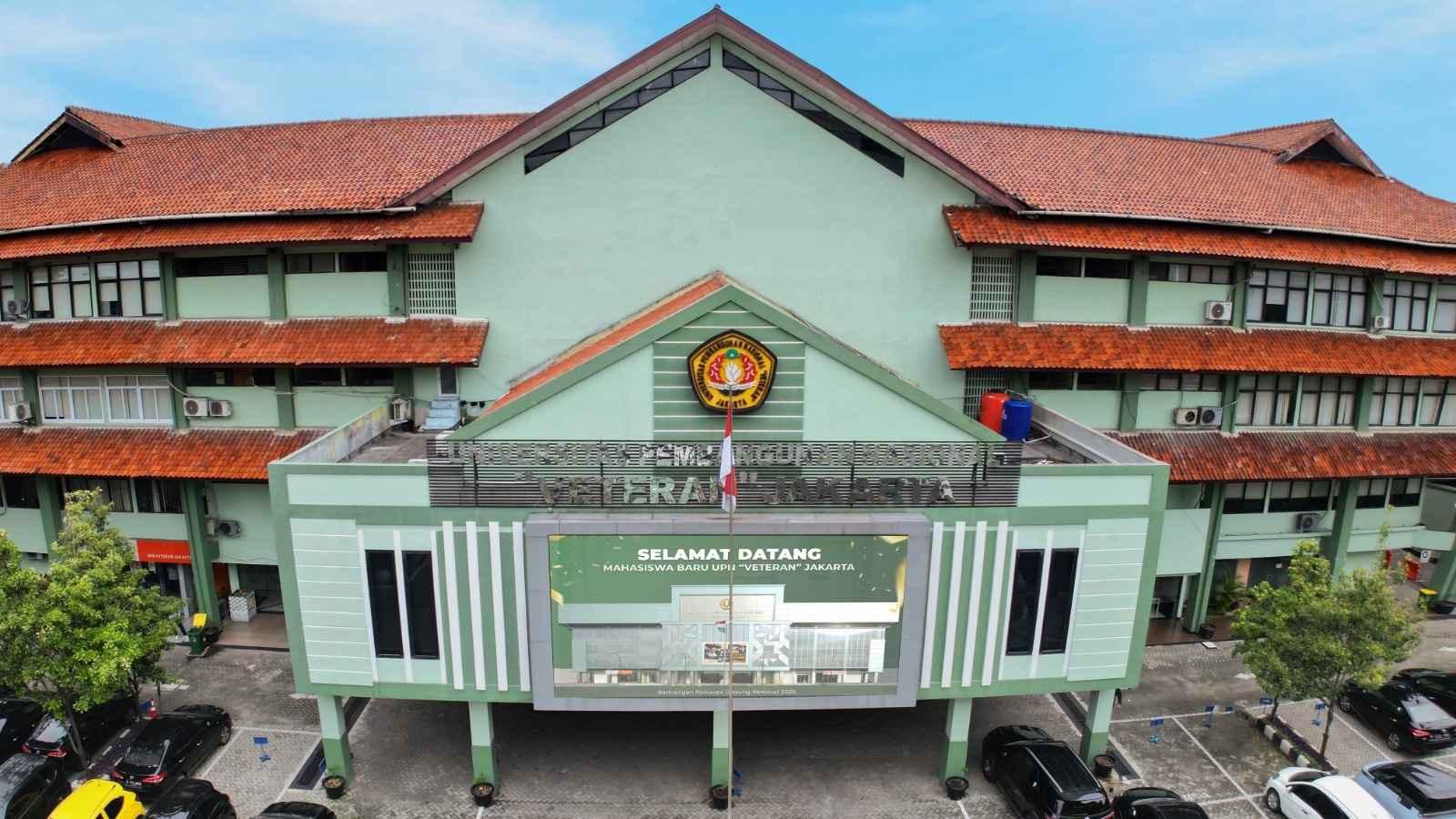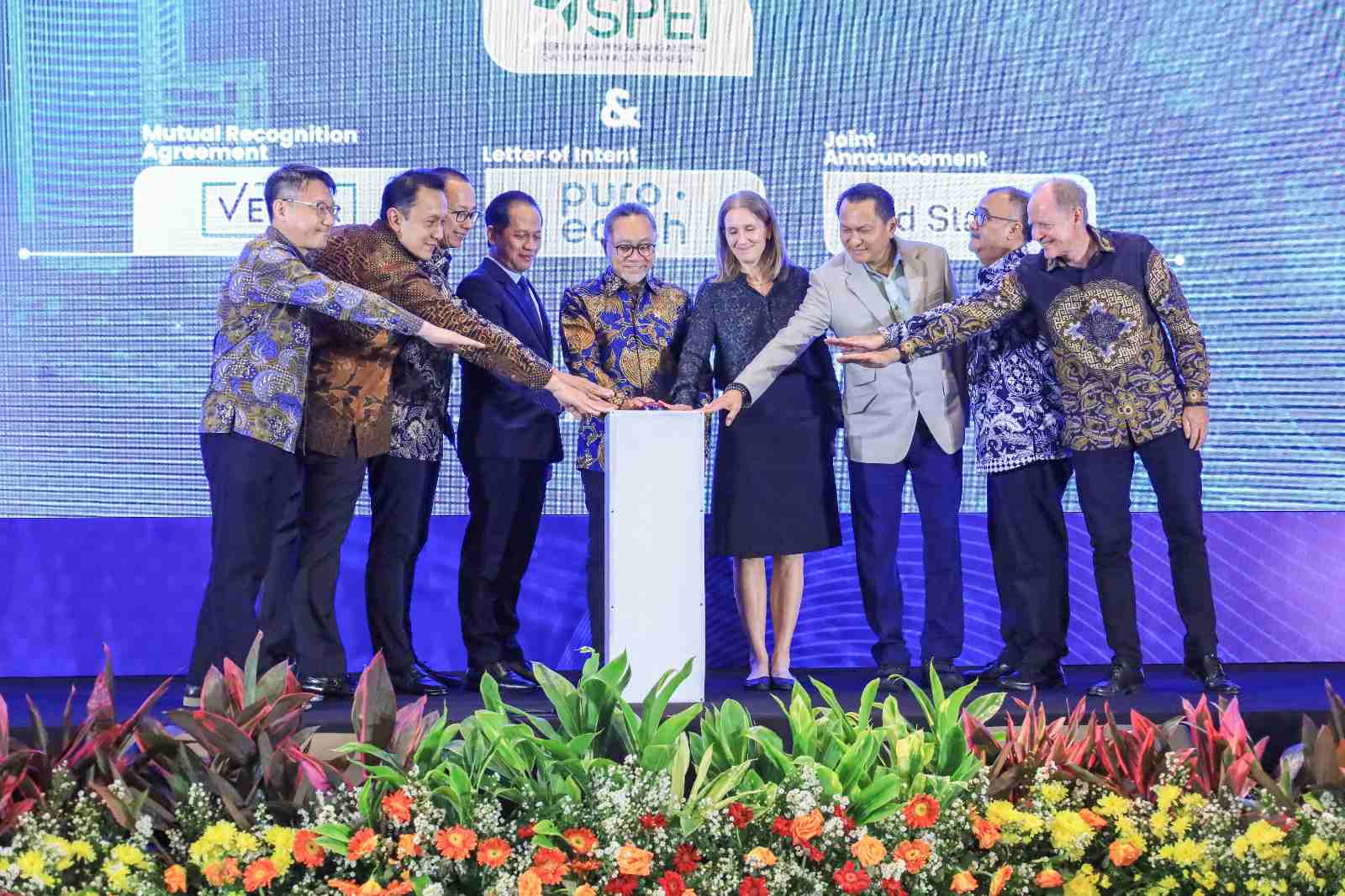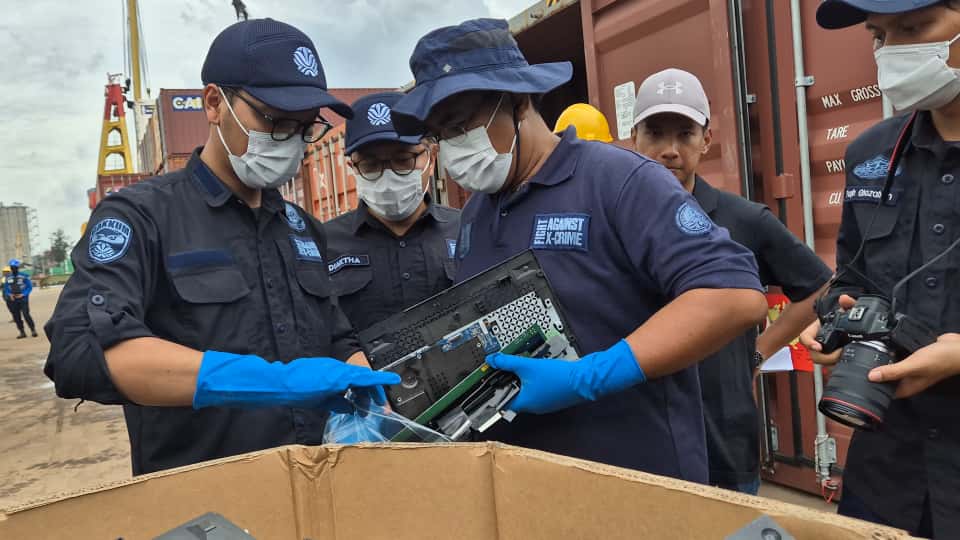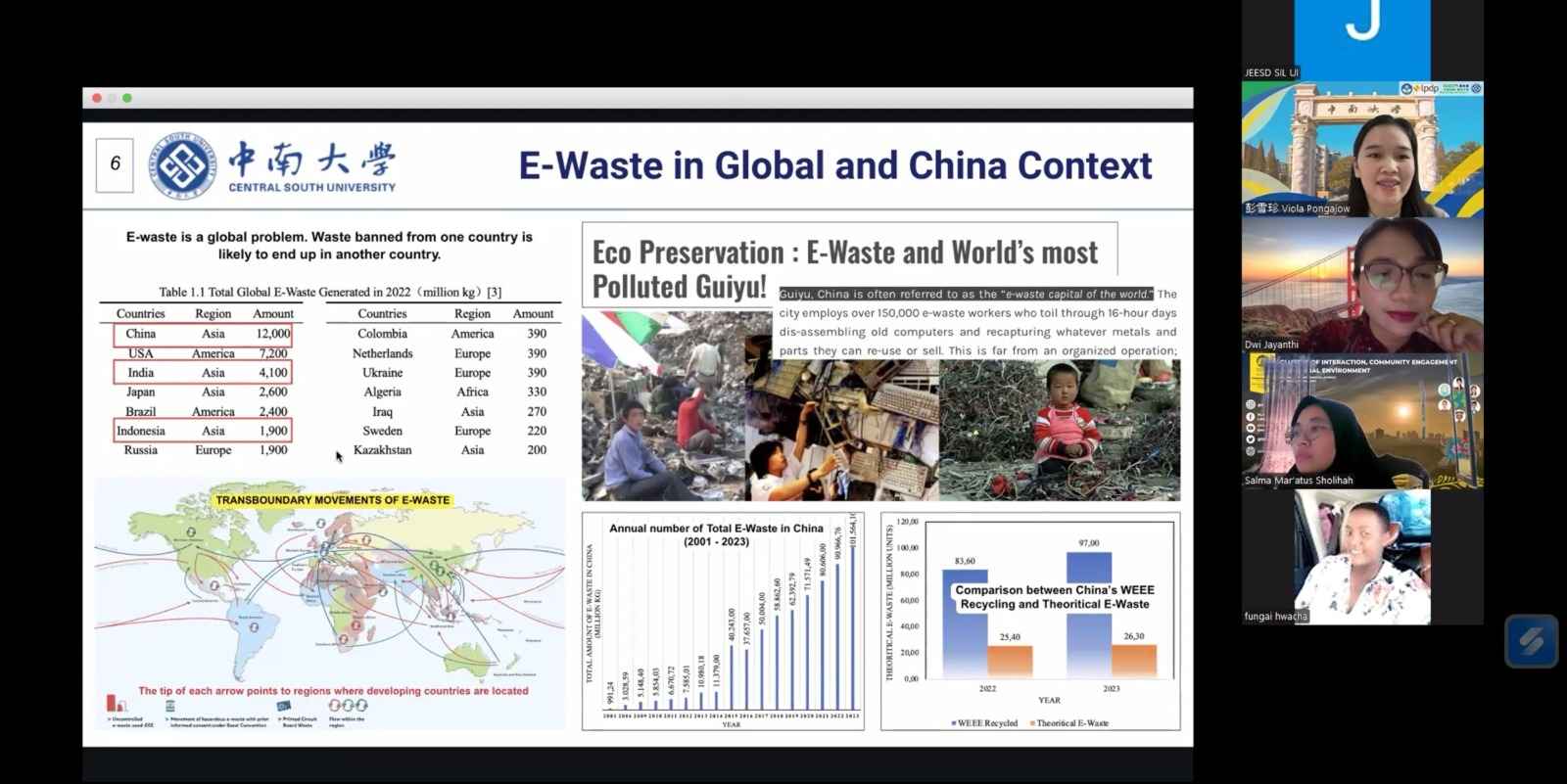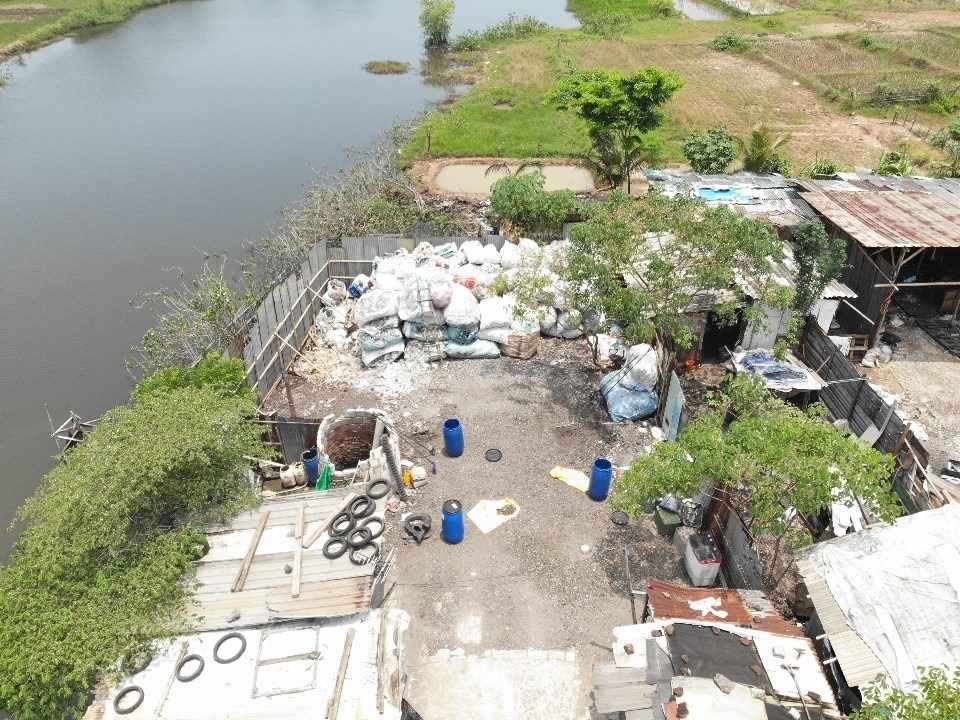Enviro News Asia, Brasil – The participatory process for civil society involvement in the 30th United Nations Climate Change Conference (COP30) officially launched on Wednesday, August 27, with the goal of incorporating ideas, solutions, and mobilizations from civil society into key discussions and decision-making at the conference.
The initiative, both national and international in scope, is coordinated through the Brasil Participativo platform, a citizen engagement tool managed by the Brazilian Federal Government.
Minister Márcio Macedo of the General Secretariat of the Presidency of the Republic announced the launch during the “Spaces for Social Participation” seminar held the same day.
Highlighting the symbolic choice of the Amazon region to host COP30, Minister Macedo emphasized that this conference will be the first where the peoples of the Amazon will have a direct voice.
Luciana Abade, General Coordinator of Mobilization representing the COP30 Presidency, emphasized that social mobilization is now a dedicated pillar for the first time in the history of the Climate Conference. She explained that this institutionalization aims to ensure genuine civil society participation throughout the event.
The Brasil Participativo platform allows civil society to submit proposals linked to the thematic pillars of COP30, provided they relate to the Brazilian context. The five solutions receiving the most votes per theme will advance to a review stage by a Selection Committee.
One proposal per thematic axis will be nominated for presentation at COP30 in Belém to guarantee impactful civil society influence during the conference.
Additionally, the platform hosts an activity registry where organizations, social movements, and collectives can list events such as workshops, debates, and cultural interventions occurring before the conference. High-support activities may be featured on the official COP30 communication channels during the pre-COP event in mid-October.
The participatory process also includes contributions to the Global Ethical Stocktake initiative, which complements the technical evaluation of climate efforts with ethical and civilizational reflections. This dialogue is designed to accelerate implementation aligned with the Paris Agreement’s goals to limit global temperature rise to 1.5ºC.
Furthermore, civil society organizations can express interest in establishing pavilions in the COP30 Green Zone until August 31. These pavilions will highlight critical themes such as climate finance, biodiversity, youth, and clean technologies.
Proposals for participation in the Brasil Pavilions must be submitted by August 30 and will facilitate dialogue on climate emergency responses, the Action Agenda’s 30 strategic objectives, the Nationally Determined Contributions, and the Climate Plan.
The COP30 Action Agenda consolidates elements from the Global Stocktake launched at COP28 in Dubai, organizing 30 commitments across six pillars. This agenda aims to engage local governments, civil society, the private sector, and academia actively implementing climate actions. (*)




